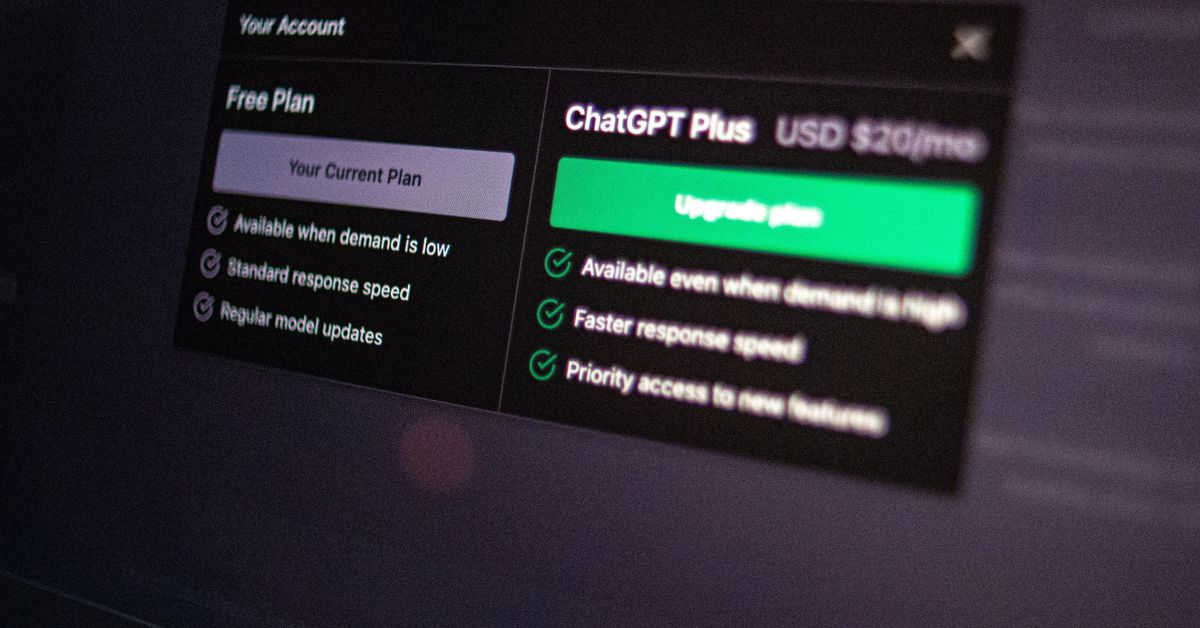In today’s fast-paced digital environment, search engines have become the primary source of information for millions of people worldwide. Whether you are an online business or a content creator, it is crucial to understand and harness the power of search engine optimization (SEO) to ensure that your website achieves a high ranking on search engine result pages (SERPs). Google Bard AI is one of the latest advancements in this domain, offering an innovative feature from Google that aims to provide users with accurate and helpful responses to their search queries. This article will explore effective strategies for utilizing Google Bard AI to surpass your competitors and elevate your online presence.
Understanding Google Bard AI
Google Bard AI is an advanced natural language processing (NLP) model developed by Google. Its purpose is to deliver concise and informative answers directly within the search engine results, eliminating the need for users to click on specific websites. By leveraging Bard AI, Google aims to enhance the user experience by providing prompt and accurate answers to a wide range of queries. This presents both challenges and opportunities for businesses and content creators who rely on organic search traffic.
Optimizing Your Content for Google Bard AI
To maximize your chances of outperforming your competitors and appearing in Google’s Bard AI results, it is vital to optimize your content specifically for this feature.
Provide Clear and Succinct Answers: Google Bard AI focuses on delivering concise answers to users’ queries. To rank well, ensure that your content directly addresses common questions relevant to your industry or niche. Use clear and straightforward language to provide the most relevant information.
Leverage Structured Data Markup: Implementing structured data markup helps search engines better understand the content on your website. By incorporating structured data, you can provide additional context to Google Bard AI, increasing the likelihood of your content being featured in the answer box. Utilize schema.org markup to highlight key information, such as FAQs, reviews, and product details.
Create Comprehensive and Authoritative Content: Google values high-quality and comprehensive content. Ensure that your articles or webpages provide in-depth information and cover the topic from various perspectives. This increases the likelihood of Google recognizing your content as a valuable resource, making it more likely to be featured in the answer box.
Optimize for Featured Snippets: Featured snippets are prominent positions in search results, often appearing in conjunction with Google Bard AI. Strive to optimize your content to be selected as a featured snippet by structuring it in a way that precisely and succinctly answers a specific question. Use bullet points, tables, or numbered lists to enhance readability and increase the likelihood of being chosen for a featured snippet.
Focus on User Experience: User experience is a critical factor in both SEO and Google Bard AI optimization. Ensure that your website is mobile-responsive, loads quickly, and provides a seamless browsing experience. Google values websites that prioritize user satisfaction, and this can positively impact your search rankings.
Measuring Success and Refining Your Strategy
Once you have implemented the above strategies, it is important to measure your success and continuously refine your SEO approach.
Visibility: Track your website’s visibility in search results, specifically focusing on the appearance of your content in Google Bard AI results and featured snippets. Monitor changes in visibility over time to assess the effectiveness of your optimization efforts.
Organic Traffic: Analyze the organic traffic to your website and identify any patterns or changes. Look for an increase in traffic from Google Bard AI and featured snippets, as this indicates that your content is resonating with users and meeting their search intent.
User Engagement: Evaluate user engagement metrics, such as time spent on page, bounce rate, and click-through rates. Higher engagement signifies that your content is valuable and relevant to users, which can positively impact your search rankings.
Keyword Rankings: Monitor your keyword rankings, particularly for target keywords related to your industry or niche. If you observe improvements in your rankings, it is a strong indication that your SEO strategy, including Google Bard AI optimization, is effective.
Conclusion
As Google continues to innovate and enhance its search algorithms, it is crucial to adapt your SEO strategy accordingly. Google Bard AI presents a unique opportunity to provide direct and concise answers to users’ queries. By optimizing your content for this feature and focusing on comprehensive, authoritative, and user-friendly content, you can increase your chances of surpassing your competitors and driving more organic traffic to your website.
